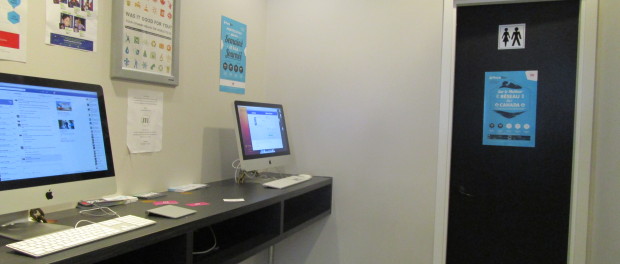Join Your First Ever Class Action Lawsuit (for DRAM)
If you bought a computer or an electronic device between April 1 1999 and June 30 2002, you were ripped off.
You’ve probably never heard of DRAM, but during this time period, the makers of dynamic random access memory (DRAM) conspired together to fix prices in the United States, Canada, and Europe. DRAM is pretty much in every electronic device you can think of: computers, printers, graphics cards, video game consoles, DVD players, MP3 players, PDAs, TiVos, servers, and numerous other items. The defendants are Elpida, Nanya, Micron, NEC, Hitachi, Samsung, Hynix, Infineon, Toshiba, Mitsubishi, and Winbond. So, if you purchased a computer or other electronic device in this time period, you paid more than you should have.
Price fixing is illegal, and as a result, you can be part of a massive class action suit that will be settled on June 23, 2015. Quebec is being represented by Option comsommateurs. Other law firms represent BC, Ontario, the rest of Canada, and the United States.
At this moment, you might be cursing yourself for not having a receipt… but as it turns out, you don’t need one. You can still participate in the class action lawsuit by filling out a simplified claim form, for which your household can settle for $20 in compensation. The claim form asks for the kind of information you might expect: name, address, email. It doesn’t ask what you bought or when. The information is protected by privacy laws and only the Claims Administrator and lawyers representing the class action suit have access.
If you have a good memory of what you purchased, you can fill out a more complete form and receive more money back. Best news of all — you don’t need receipts! Though, if you claim more than two objects per person in your household, you will need documentation to prove your purchases. According to the lawyers, “We will accept, as proof of purchase, any documents which either directly show your purchases or from which your purchases can be calculated or extrapolated. Some examples are purchase orders, historical accounting records, records showing the budgets for electronic purchases, and many other related documents.”
Once submitted, the claims will be reviewed, and then payment is expected in Fall of 2015.
It costs nothing to request your payment and the last day you can submit your claim is June 23, so get moving and click HERE.






